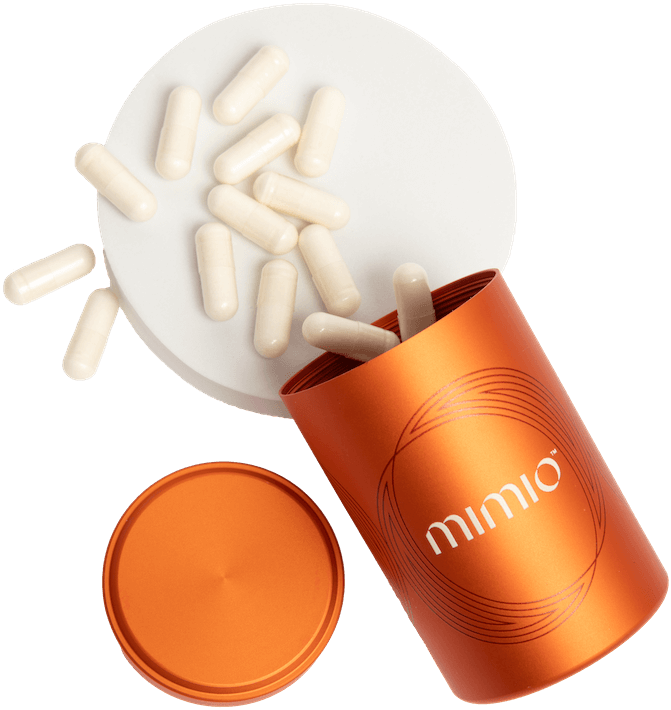Life in the Fast Lane
Intermittent fasting is a dietary pattern that alternates between periods of fasting and eating. From time-restricted eating to alternate-day fasting and meal skipping, there’s a smorgasbord of fasting methods to choose from. Each type offers its own set of perks so finding the right fit depends on your needs and goals.
- Time-Restricted Eating (TRE) aka the 16/8 Method is all about setting a strict schedule for daily eating within a specific time window (say, 8 hours) followed by a fasting period. It’s a go to for those seeking weight-management, metabolic benefits, or a fuss-free eating routine.
- Alternate-Day Fasting (ADF) involves alternating between fasting days and regular eating days while the 5:2 Method lets you feast normally for most of the week but reigns in the calorie count on two specific days. These are popular choices for those who want to improve their metabolism or have a simplified eating routine.
- Whole-Day Fasting is the practice of abstaining from food for an entire day, typically lasting 24 hours. Extended Fasting takes this method to the next level by fasting for multiple consecutive days. These methods appeal to those craving the benefits of autophagy and cellular regeneration.
- Circadian Rhythm Fasting, also known as Meal Skipping, is an eating pattern that is all about grooving with your body’s internal rhythm and intentionally skipping meals. It’s a hit for those seeking to optimize their metabolism and improve digestive health.
Fast-tastic Benefits
Now that you’ve gotten a taste of different fasting types, we know you’re hungry for more. Even though fasting benefits have been known for centuries, it wasn't until recently that scientists began to understand the underlying mechanisms. Now, there is a growing body of scientific evidence to support the health benefits of fasting including,
- Weight Management and Fat Loss- Fasting works by promoting a calorie deficit, increasing fat burning, and regulating hormones related to appetite control
- Blood Sugar Control- Fasting helps blood sugar control by lowering insulin levels and increasing the body’s ability to use stored glucose for energy
- Cellular Repair and Autophagy Activation- When you fast, your body goes into a state of repair and rejuvenation. This is because fasting triggers autophagy, a process that allows cells to remove waste and optimize cellular health. Autophagy has many benefits including reduced inflammation, improved muscle function, and reduced risk of heart disease
- Mental Clarity and Cognitive Function- Fasting enhances mental clarity and cognitive function by boosting, neuroplasticity, ramping up brain-derived neurotrophic factor (BDNF), and quelling inflammation and oxidative stress in the brain
- Potential Anti-Aging Effects- Fasting fights aging by helping the body revive cells, improving mitochondrial function (the cell’s energy factories), reducing oxidative stress and pumping up the production of anti-aging molecules like sirtuins and growth factors
Breaking the Fast
But hey, let’s not get hangry if fasting isn’t your cup of green tea. Fasting is not a one size fits all approach to health. There are several reasons why fasting isn’t for everyone. Some fasting precautions include,
- Medical Conditions- People with health conditions such as insulin sensitivity, diabetes and those taking medications that require food should avoid fasting as it can disrupt blood sugar levels, medication efficacy and overall health stability
- Nutritional Considerations- Individuals with nutritional considerations such as nutrient deficiencies, or those who are pregnant or breastfeeding, should steer clear of fasting to ensure they meet their increased nutrient needs and safeguard the optimal health of themselves and their baby.
- Lifestyle Factors- For active individuals, fasting may hinder performance and recovery by lowering energy levels and compromising muscle function. Additionally, personal preferences and the sustainability of fasting as a long-term dietary approach should be considered. If you don’t enjoy fasting or find it difficult to stick to, it’s unlikely to be a sustainable way to improve your health and fitness
Mimio: All the fasting benefits with none of the fasting!
So, you’ve made it through our crash course in intermittent fasting. Still not sure if fasting is right for you? No sweat.
Through extensive clinical research, we’ve developed a biomimetic approach to recreate the benefits of fasting without actually fasting. By utilizing fasting metabolites, Mimio activates your cells’ longevity mode and rejuvenates your cells from the inside out. Mimio offers a safe and effective way to improve your health and well-being without having to give up your favorite foods or go hungry.



